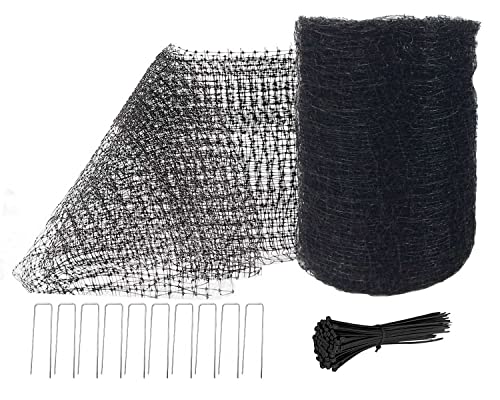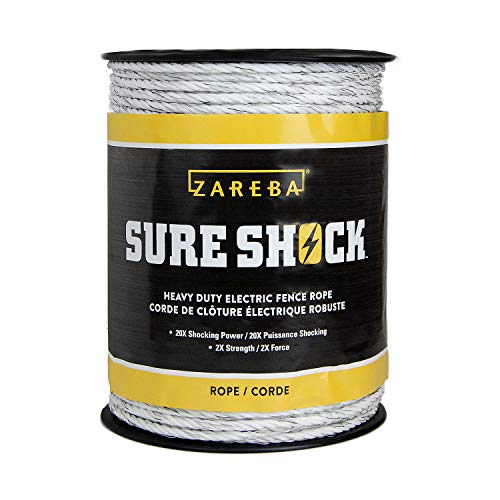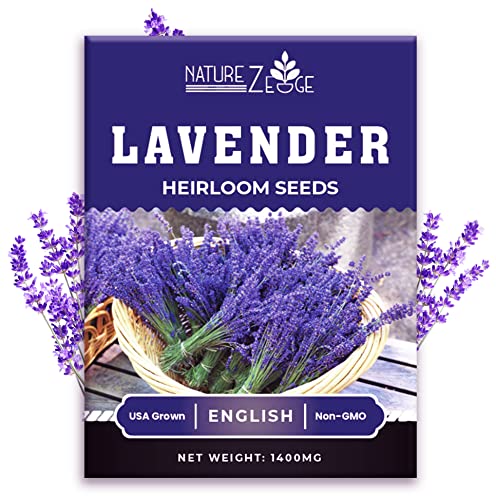I’ve always been fascinated by deer, but do deer eat marijuana plants? In this post, I’ll share some tips on how to protect your cannabis crops from these hungry herbivores.
Deer are known to feed on various types of vegetation, including marijuana plants. However, consuming marijuana can be harmful to their health and negatively impact your cannabis cultivation.
To prevent deer from eating your marijuana crops, it is recommended to implement measures such as fencing or repellents early on. Additionally, it is important to note that deer are a protected species in many areas and killing or harming them may result in legal consequences.
Do Deer Eat Marijuana Plants?
One critical question that comes up frequently in cannabis cultivation is, “do deer eat marijuana plants?” Unfortunately, the answer is yes; deer are known to feed on various types of vegetation, including marijuana plants.
Though marijuana may make up only a small percentage of their diet, deer feeding on your cannabis plants could lead to a plethora of problems for your crops. It can also be harmful to the deer’s health, leading to bouts of disorientation and confusion.
Do Deer Pose a Threat to Cannabis Plants?
Even though deer typically don’t eat a lot of marijuana, just one nibble could entirely destroy a budding marijuana plant. As such, it’s crucial to prevent deer from entering your cannabis garden early on. Furthermore, if deer find a food source in your garden, they will come back to it time and time again, creating a bigger problem over time.
What Garden Plants Do Deer Eat?
It’s not just cannabis that deer love to eat. They will feed on most luscious garden plants, including vegetables, fruits, and flowers. Some common garden plants that deer love to eat include tomatoes, beans, peas, squash, and melons. The deprivation of these plants could mean the loss of an entire crop and months of hard work.
Signs of Deer Damage on Weed Plants
Deer can cause several issues for your cannabis plants, including tissue damage, water imbalance, and nutrient deficiency, to name a few. Signs of deer damage on weed plants can include withered leaves, random bare stems, and odd growth patterns. If you notice any of these indicators, it’s essential to act quickly to prevent further damage.
How to Spot Deer in a Cannabis Garden
Deer are crepuscular animals, which means they are most active during dawn and dusk. They have distinct tracks and can weigh between 100-300 lbs. If you notice that tops of your plants have been bitten off, or there are hoof prints in the dirt nearby, there’s a high probability that deer have been in your garden.
Methods to Keep Deer Away from Cannabis Plants
There are many effective methods for keeping deer at bay, both humane and otherwise. Some of the most popular methods include using deer repellent, motion-activated sprinklers, and even predator urine. It is also essential to take measures early on, as deer tend to find food sources and return to the same spot repeatedly.
1. Using Fences to Protect Cannabis from Deer
The most effective method for preventing deer from entering your garden is to erect a fence around your plants. Because deer don’t typically jump higher than six feet, an eight-foot fence should suffice. In extreme cases, some growers even use an electric fence to provide an additional barrier.
2. Use Deer-Resistant Plants
If your greens are too tempting, opt for deer-resistant plants with strong scents or prickly textures, such as fuzzy lamb’s ear, spiky yucca, fragrant lavender, and Russian sage. Don’t forget to use a mix of vegetables, herbs, and flowers to minimize their interest.
3. Motion-Activated Sprinklers or Lights
Give deer an instant shower with motion-activated sprinklers that release a burst of water when they sense movement. Alternatively, motion-activated lights can make it harder for them to find their way around and scare them away.
4. Deer Repellent Sprays
Keep your garden chemical-free and choose deer repellent sprays instead. Garlic, hot pepper, and eggs are some ingredients that create an unpleasant taste and strong scent, keeping the deer away. Remember to reapply after rainfall to keep the effectiveness high.
5. Hang Reflective Objects
Hanging shiny objects like CDs or aluminum foil strips can add some fun and make your garden sparkle while scaring off deer. The reflection of light can be disorienting, causing confusion and keeping them away.
6. Physical Barriers
Protect individual plants or small garden areas with physical barriers, such as chicken wire cages or heavy plastic nettings. Row covers are also effective in protecting sprouts and young plants from being eaten by deer.
7. Sound Deterrents
Make some noise! Wind chimes or ultrasonic devices emit sounds that can deter deer from coming near your garden.
8. Smell Deterrents
Put those noses to work! Deer dislike strong scents like human hair, soap, and rotten eggs. Spread them around the garden to make the area unpleasant and discourage deer from getting too close.
9. Natural Barriers
Nature has a way of protecting itself, so plant holly or barberry bushes around the perimeter of your garden. Deer will avoid these plants due to their prickly and thorny nature. Alternatively, use natural deer repellent such as bone meal or blood meal, which emit strong smells that deer dislike.
10. Clean Up Debris and Fallen Fruit
Deer find debris, old leaves, and fruit irresistible, so clean up your garden regularly. By doing so, you’ll remove potential food sources that might entice them to your garden.
11. Decoys
Use decoys to your advantage! Place fake deer, owls, or snakes strategically around the garden to make them think twice before entering. Deer will avoid areas where predators are present.
12. Rotate Your Methods
Deer are clever and can quickly learn to outsmart your prevention methods. Avoid that by having a rotation of tactics – start with building a fence, high-pitched sounds, or deer-resistant plants, then switch to natural barriers or deer repellent sprays. Keep using different methods to keep them on their toes and make it harder for them to enjoy your garden.
Can Cannabis Plants Recover From Deer Damage?
Due to the potency of most strains of cannabis, they can recover from deer damage with the right care and treatment. However, if deer feeding habits persist, your cannabis plants may never reach their full potential. Ultimately, the key to success is to prevent deer from entering your cannabis cultivation and keep them away from your cherished crops.
Deer: An Overlooked Pest in Cannabis Cultivation
Deer are highly adaptable animals that can become pests in any crop or garden if not appropriately managed. Too often, growers overlook these animals as a potential threat, leading to dire consequences. Early prevention is the best way to keep deer out of your cannabis garden and maintain robust, healthy plants.
FAQ
How to repel deer from marijuana plants?
Marijuana growers often seek ways to deter deer from their plants. One method involves utilizing fragrant cleansing bars, which they hang or position strategically among the crops. Another common practice is placing skewered soap bars on sticks to create a barrier around the garden.
Conclusion
Now you know that deer can pose a threat to your marijuana plants, but fear not! There are several effective strategies and solutions that you can implement to protect your crops.
Remember, prevention is key. Start early by fencing off your growing area or using repellents that are safe for both your plants and the deer. And always keep in mind that deer are a protected species in many areas, so harming them can result in serious legal consequences. So, do deer eat marijuana plants? They sure do, but with the right precautions, you can successfully keep these pesky herbivores at bay.
You may also be interested in reading:










